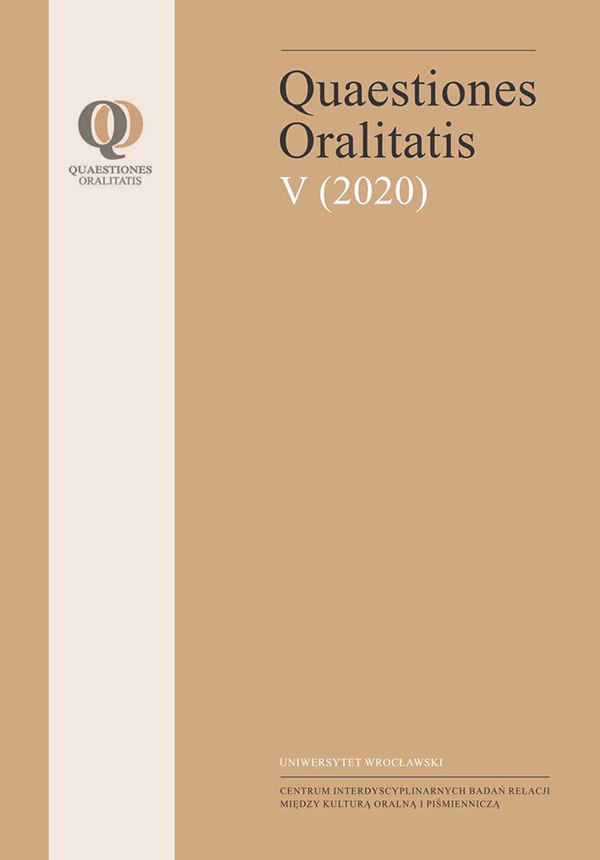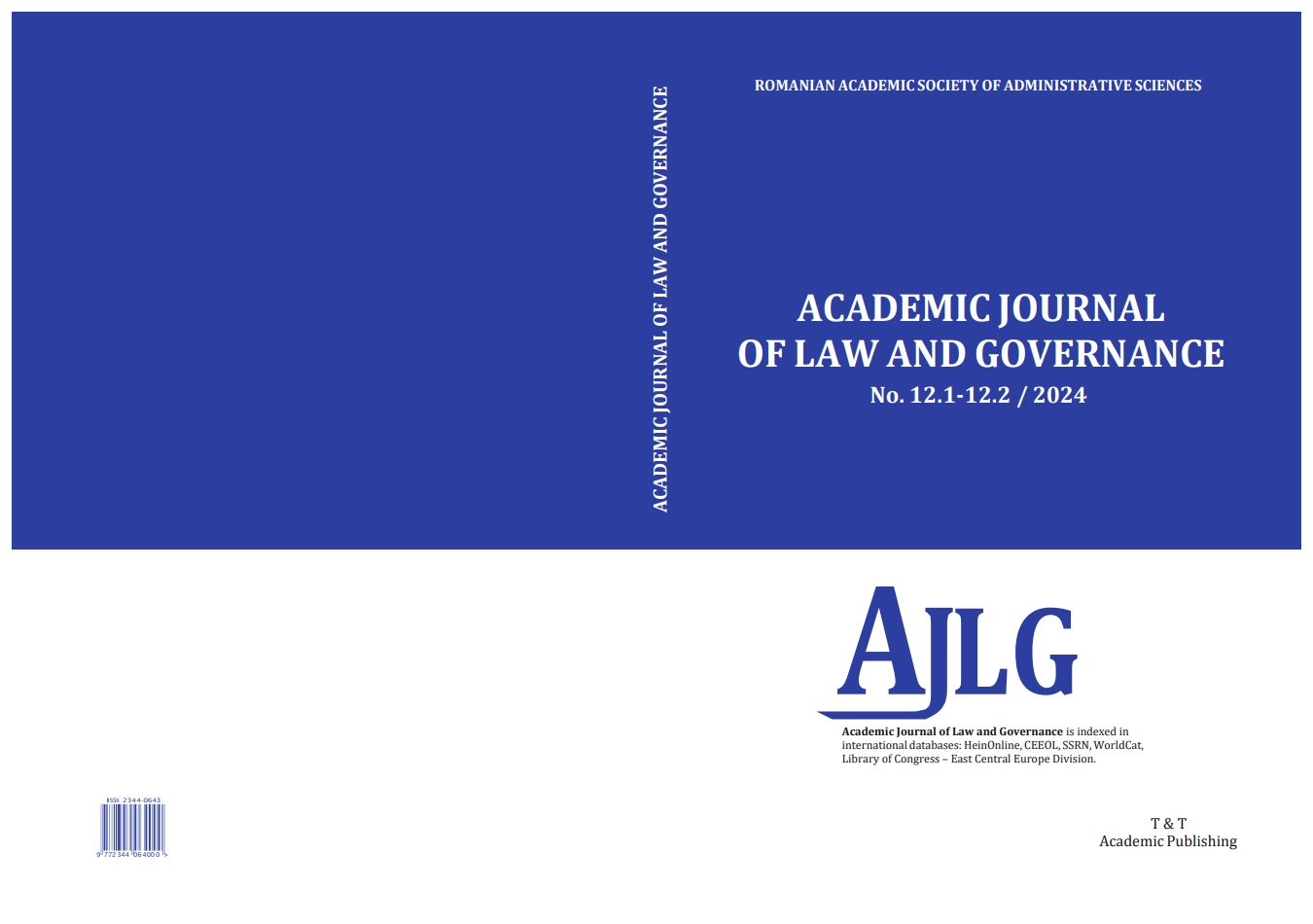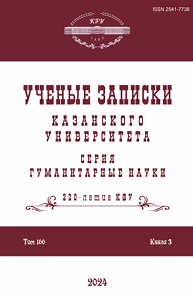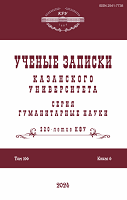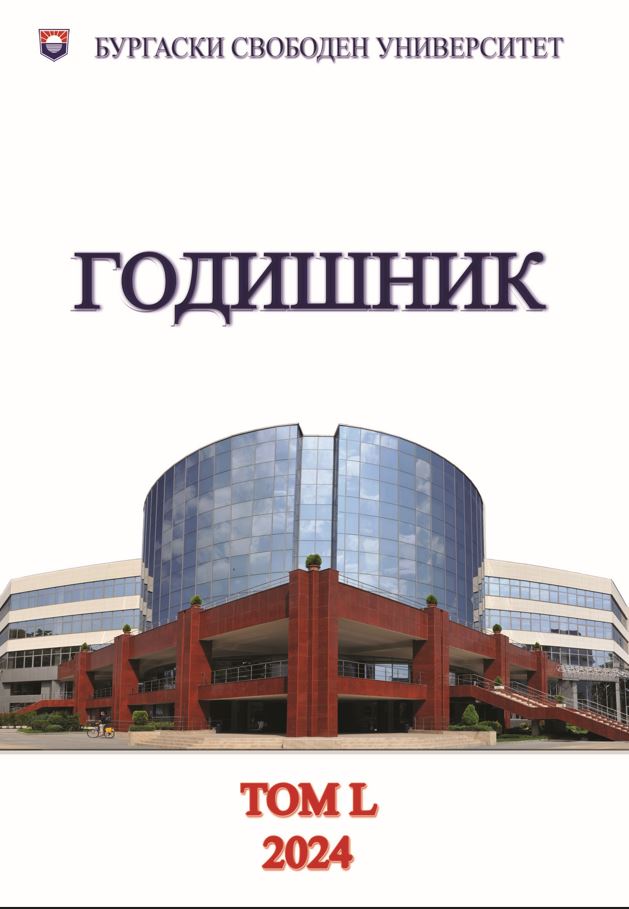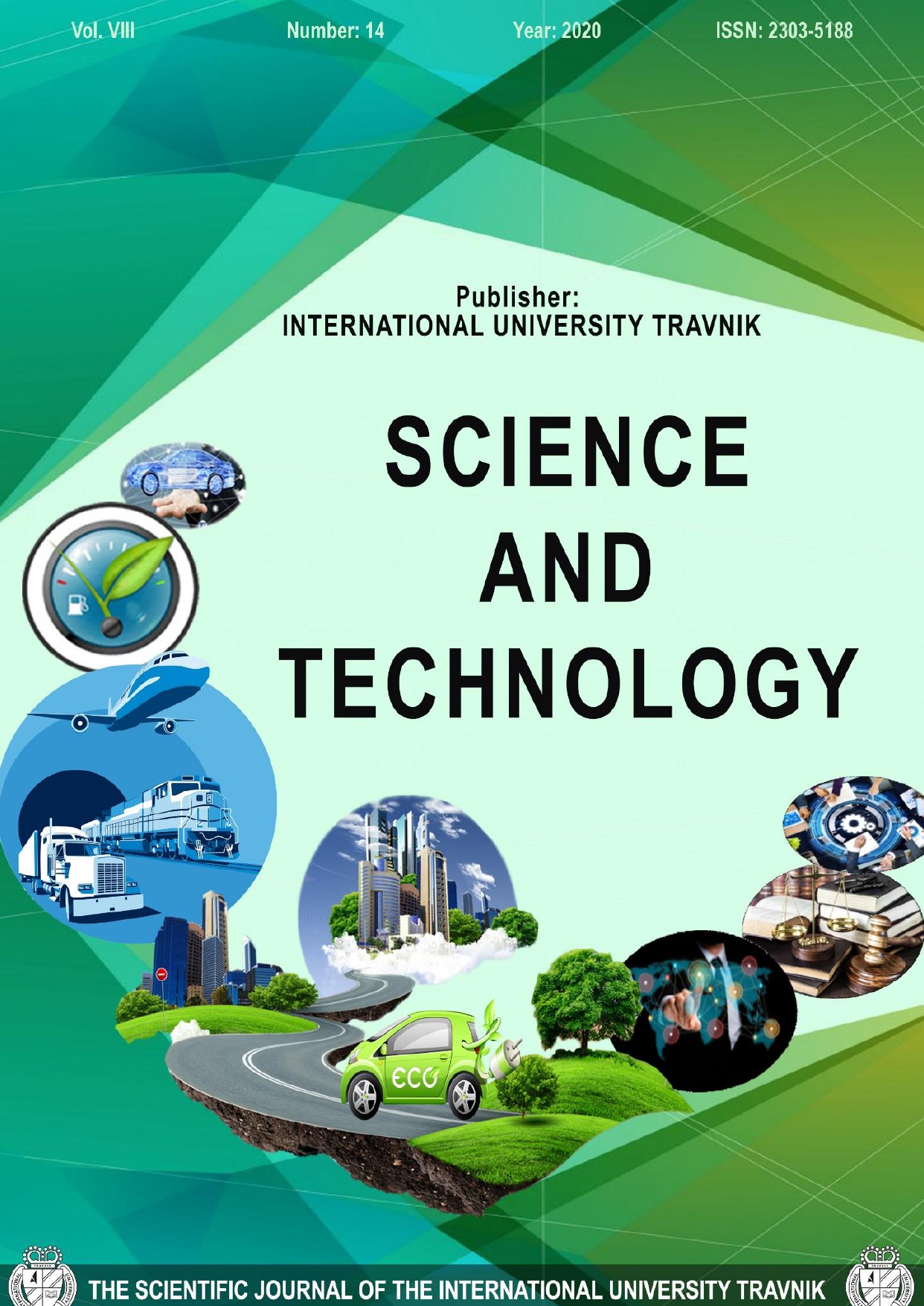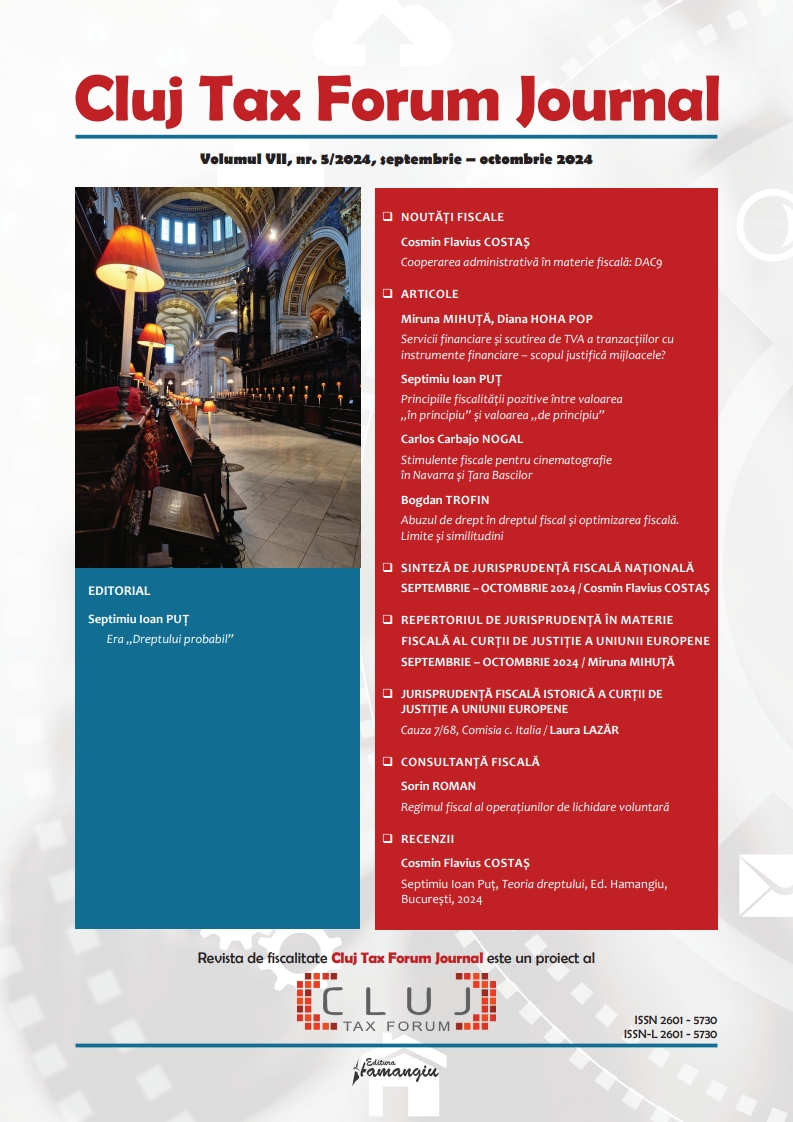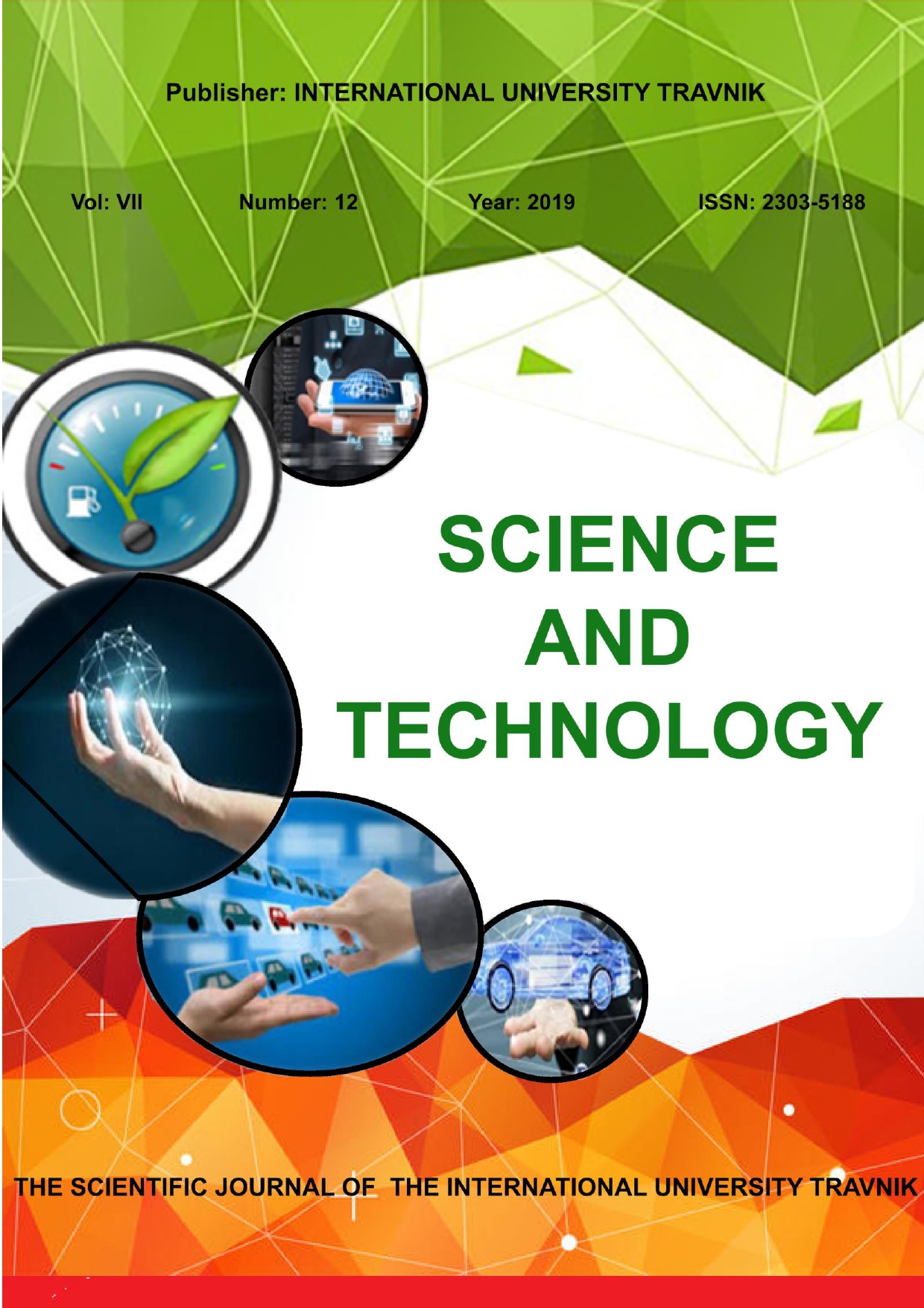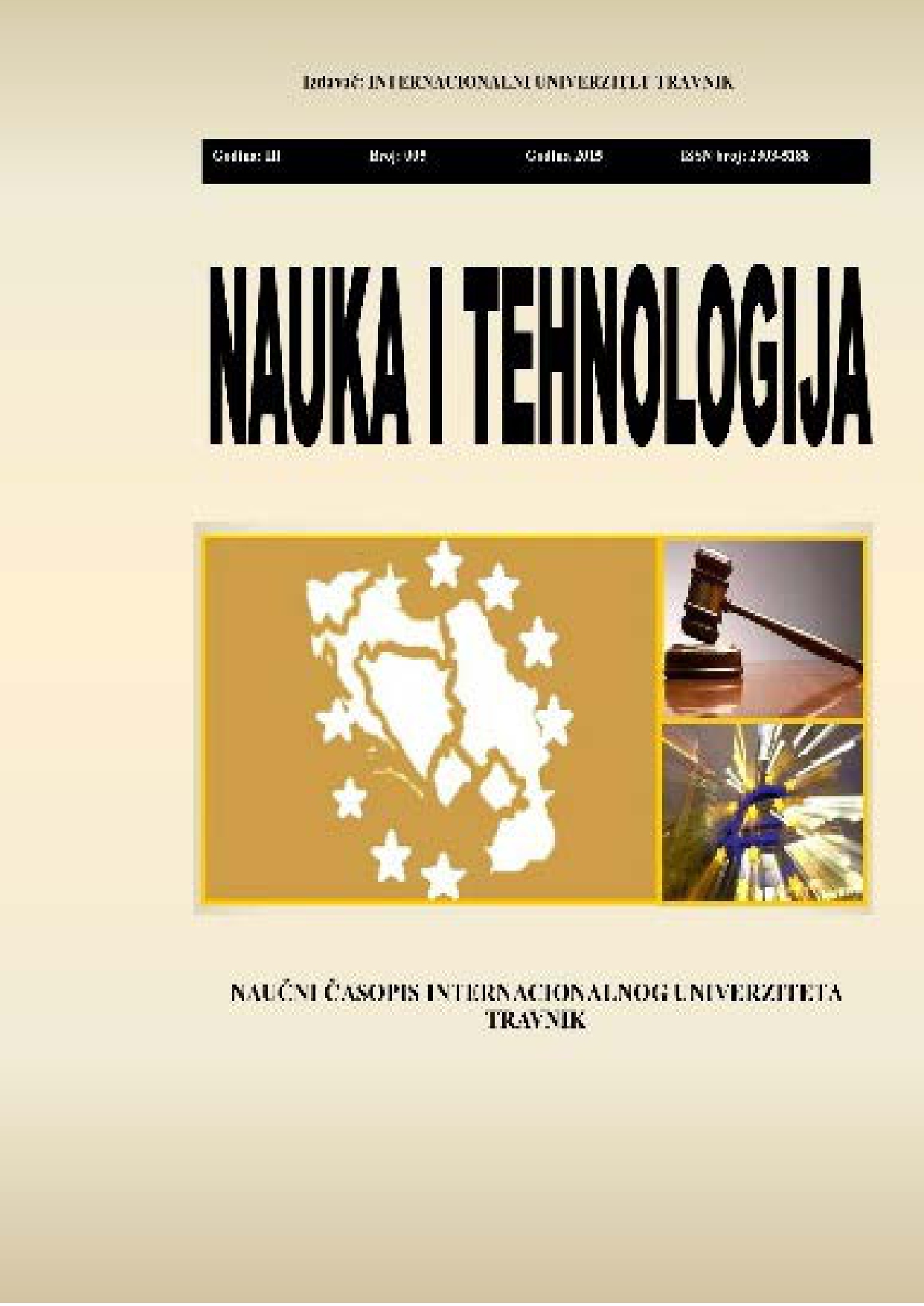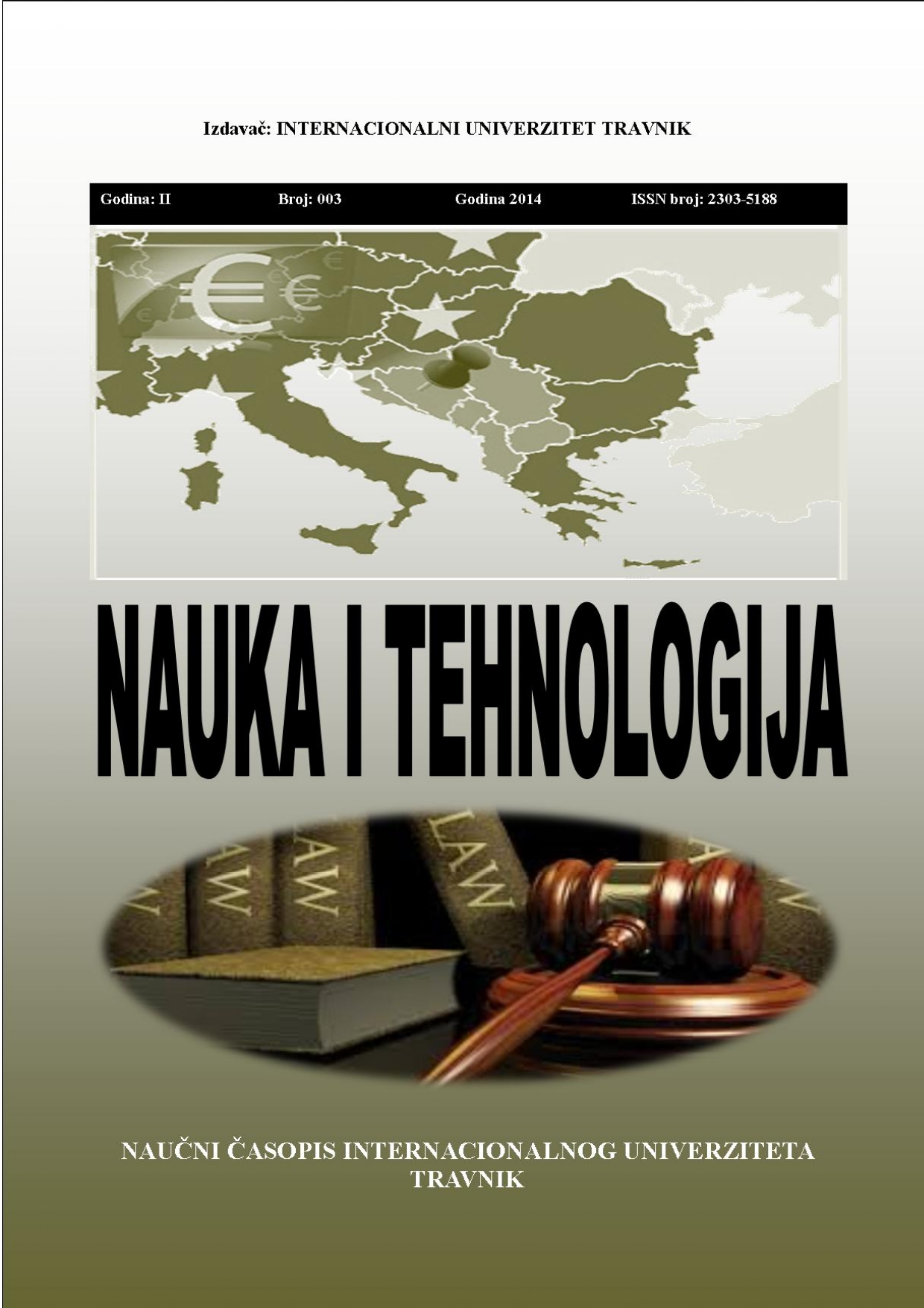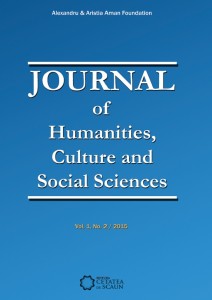
Organization and functioning of Kuwaiti legal system
As in all Islamic countries, Kuwait’s legal system is based on Islamic law, on doctrine and on amend-ments and interpretations of Sharia Islamic law by judges. The state can intervene only in areas not governed by Islamic law or when a particular interpretation is required, in the event that a certain reli-gious disposition is ambiguous. In a society dominated by the power of man and religion, human rights, inequality between men and women and between Muslims and non-Muslims are still a rather sensitive issue. In Kuwait, although article 70 of the Constitution stipulates that international treaties ratified by Kuwait have the force of law, the judicial and executive authorities, however, have not taken enough measures to implement this article. Within the limits set by the Constitution, judicial power is exercised by courts on behalf of the emir. The courts are competent to resolve all disputes concerning a person’s status (marital status), and also civil, commercial and criminal disputes. There are additional special courts for administrative, military and constitutional cases. The two major sects of Islam, Sunni and Shi’a, give different interpretations of Sharia law. There are also differences of interpretation in the branches of each Islamic juridical school. For these reasons, Sunni and Shi’a Muslims resort to the courts that adhere to the respective school of Islam.
More...
